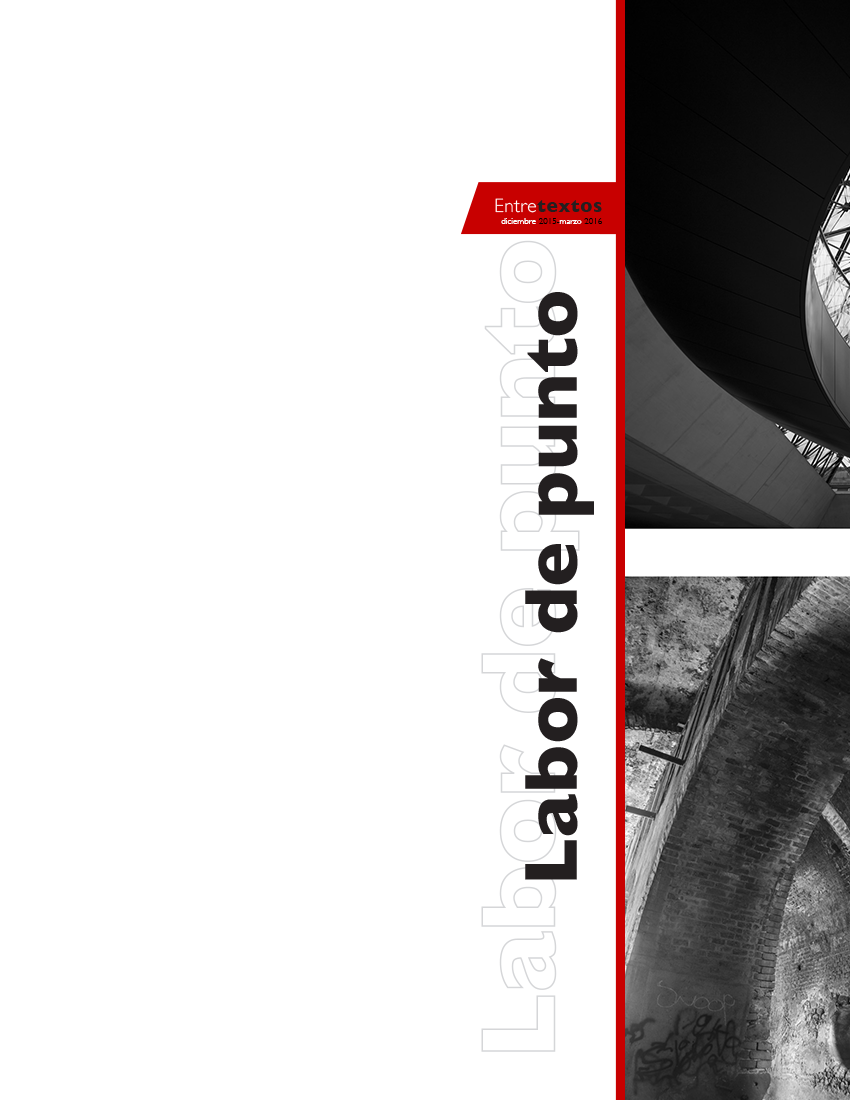PLH
A new hypothesis of protein consumption
DOI:
https://doi.org/10.59057/iberoleon.20075316.201521410Keywords:
protein, nutrients, diet, obesityAbstract
Excess energy intake is clearly implicated in the obesity epidemic, but there is uncertainty as to the role of specific nutrients. Although carbohydrates and fat are major sources of excess dietary energy, there exists a hypothesis that protein is a key determinant of carbohydrate and fat, and hence total energy intake. The Protein Leverage Hypothesis (PLH) suggests that protein plays a key mediating role mediating in the development of obesity, through its interaction with fat and carbohydrates is not well understood. PLH predicts that humans prioritize protein when regulating food intake. In doing so, humans will consequently over-consume fats and carbohydrates when consuming diets low in protein and fats and carbohydrates will be underconsumed on diets that are high in protein.
Downloads

Downloads
Published
How to Cite
Issue
Section
License
Copyright (c) 2015 Entretextos

This work is licensed under a Creative Commons Attribution-NonCommercial 4.0 International License.




